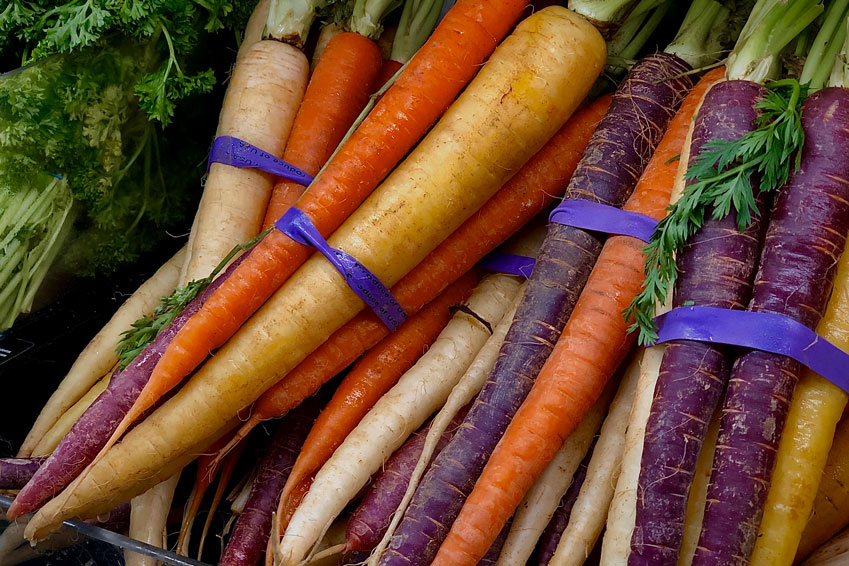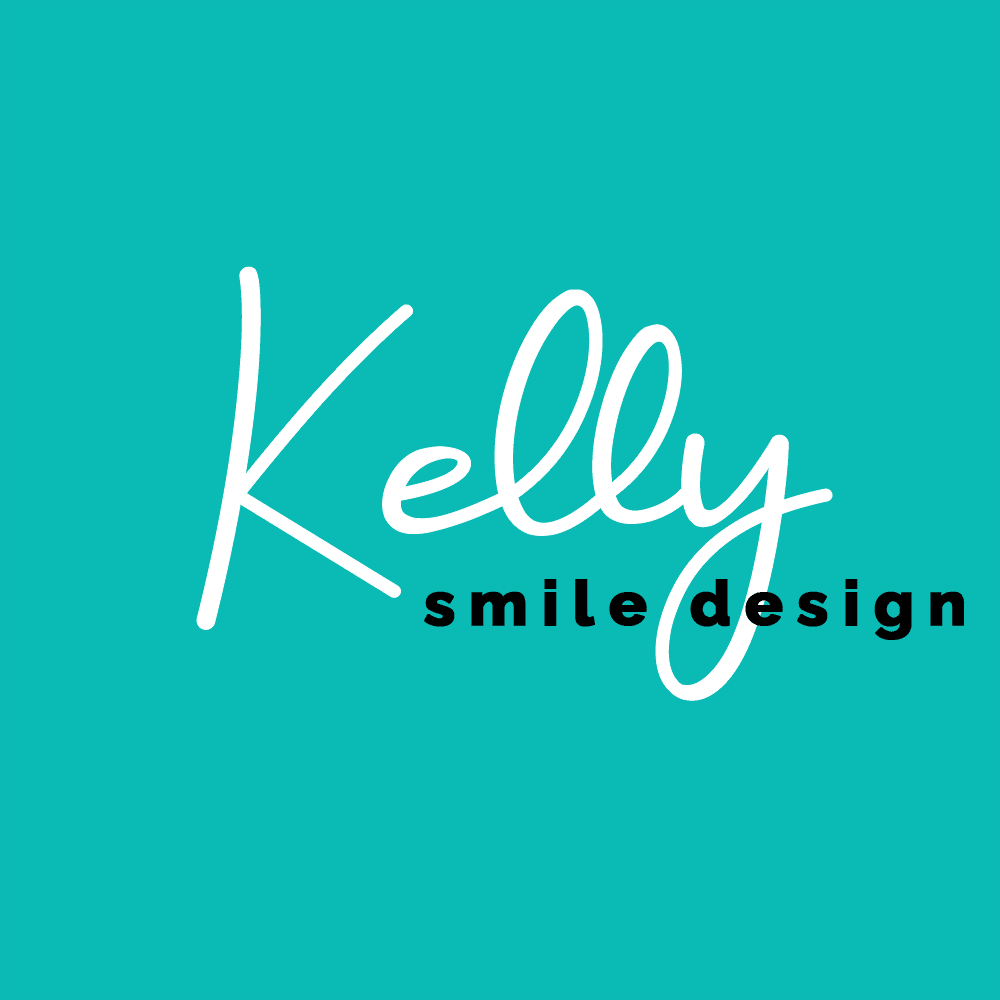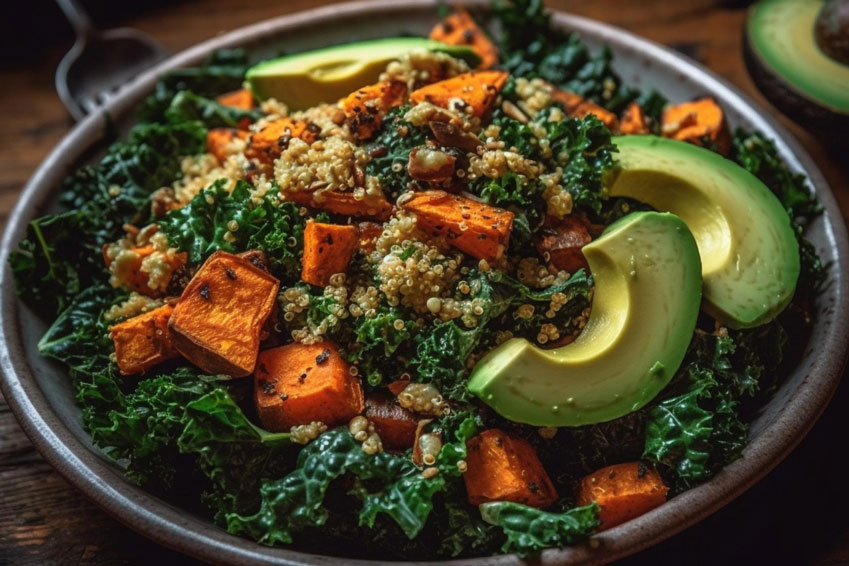Taking care of a newborn? Here are twelve potential hazards you should know about!
Malocclusion Risks
Malocclusion is the imperfect positioning of the teeth when the mouth is closed. While it sounds like a genetic condition that isn’t controllable, the chance of developing a malocclusion is actually increased in children with certain habits that could otherwise be altered. By preventing these behaviors, people responsible for a newborn can help reduce the risk of malocclusion. For example…
1. Bottles

Okay, so maybe not getting rid of the bottle entirely, but studies frequently show that prolonged bottle use often causes increased tooth decay in toddlers. It is suggested that babies are weaned off the bottle before they reach eighteen months. In addition to dental issues, excessive weight gain, or childhood obesity is also associated with baby bottles.
2. Thumbsucking
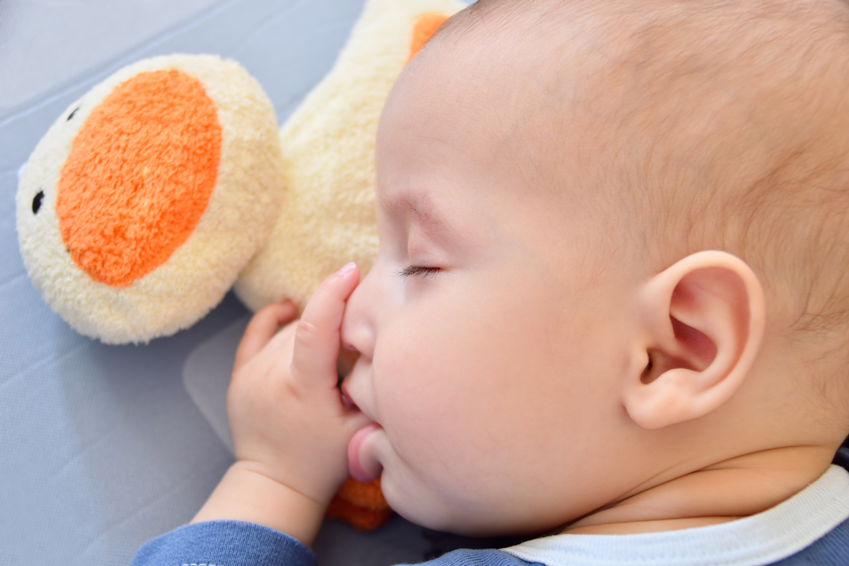
According to the American Dental Association, thumb-sucking can cause significant issues with tooth alignment and proper oral development. Since it is natural for babies to suck their thumbs – even in the womb – old habits die hard.
Depending on how vigorously and how frequently an infant is thumb-sucking, long-term damage to baby teeth is possible. However, kids are expected grow out of this habit around two to four.
Parents should try to discourage thumb-sucking as soon as possible. Praise your kids for not doing it, try to get to the route of any anxieties, and be a source of comfort,
3. Pacifiers
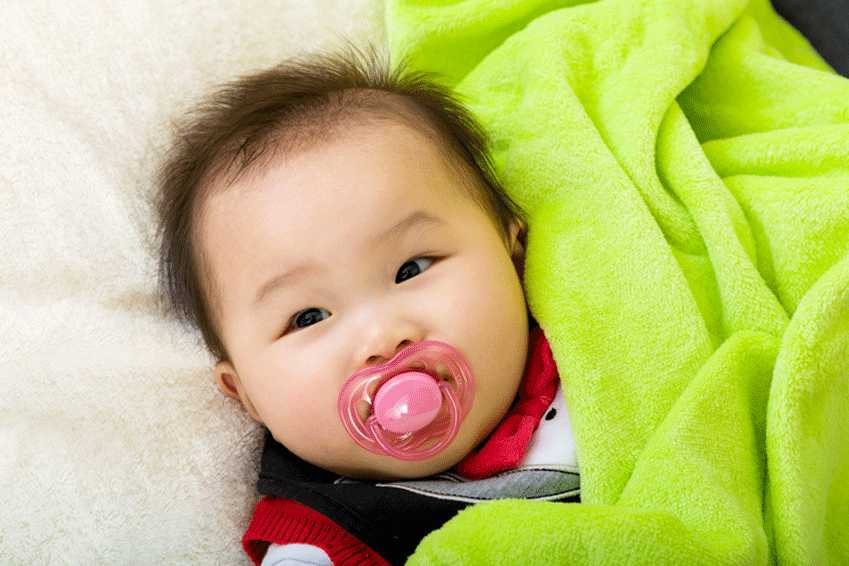
Much like bottles, it seems too much to say “no” to pacifiers entirely. However, it isn’t hard for crooked or pushed-out teeth to develop due to overuse of a pacifier. Not only does tooth alignment suffer, baby’s mouth could also begin to shape itself around the pacifier. Pacifiers might also interfere with breast feeding. It is important to make sure your child’s pacifier habit is broken around the age of two. It is generally advised to avoid pacifiers entirely, if possible.
A Cautionary Meal
Many parents are surprised to learn that certain foods are potentially hazardous to a baby’s health. Here are some of them…
4. Cow’s Milk
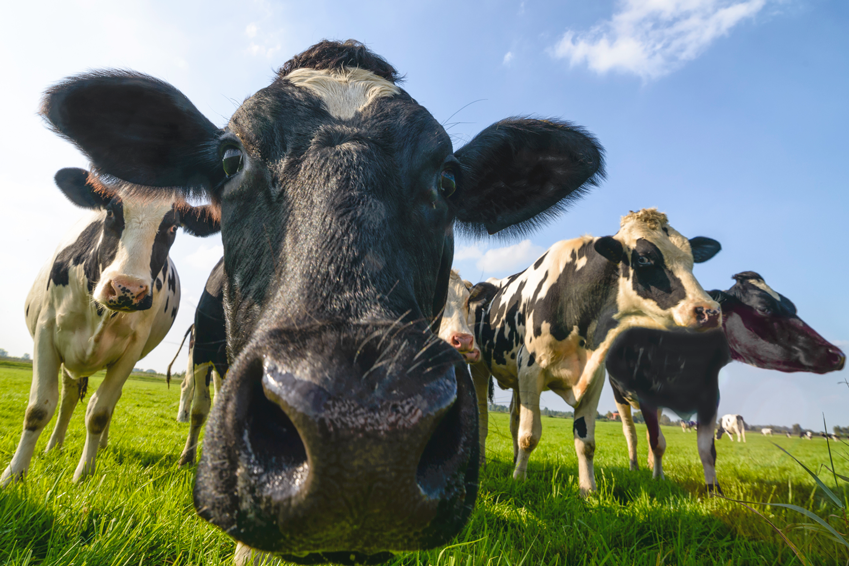
Obviously, breast milk or formula is the staple of any healthy infant’s diet. However, parents should be refrain from giving kids under one year old a taste of cow’s milk.
Unlike humans, milk that comes from our bovine friends is much harder for babies to digest compared with natural breast mild or formula. In addition, cow’s milk has a large amount of proteins and minerals which can stress a baby’s kidneys, or cause other potential problems. Newborns should forget about the milk carton until their first birthday.
5. Breastfeeding (well, not really)

On its own, breastfeeding your baby is completely fine. Breast milk shouldn’t lead to any dental or health issues. In fact, it is preferred to any other type of nutrition for a baby.
However, issues can occur under certain conditions, according to the University of Illinois at Chicago College of Dentistry – Babies who fall asleep with un-swallowed milk can often develop tooth decay, especially if sugar and carbohydrates have become an added part of their diet. Therefore, it is important for parents to clean their baby’s mouth before bed and consider giving them water at night.
6. Gelatin Desserts
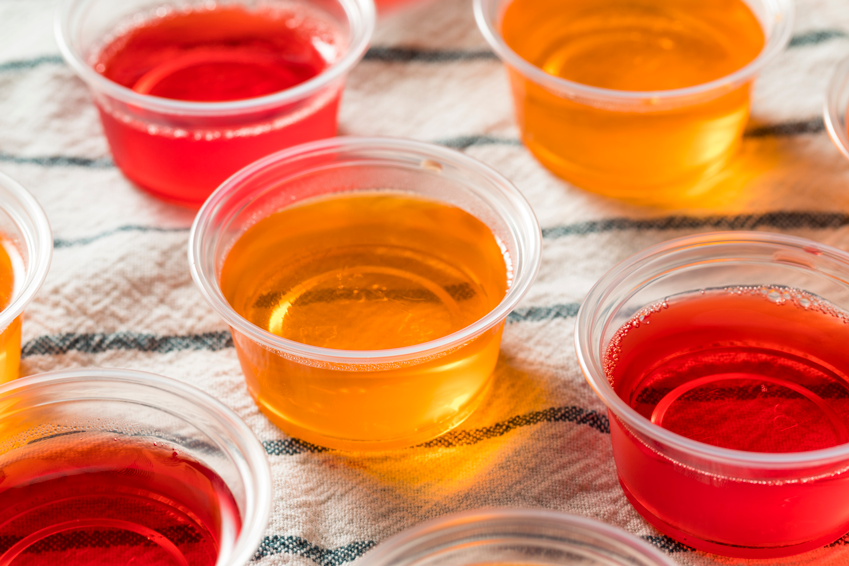
Jello, and other similar desserts, may seem like an ideal treat to give babies, since it is easy to chew. However, these food products are often made from a combination of fruit juice and sugar.
As noted in our previous article, sugary ingredients in any food are not safe for an infant to eat, as they are a major cause of both tooth decay and childhood obesity. While not as easy to chew as gelatin, parents should give their children non-citrus fruits as a sweet-tasting snack instead.
7. Hard Veggies
For babies, foods such as carrots present some major health hazards. Firstly, they remain easy for any newborn to choke on, even if cut into small pieces. With only weak teeth at their disposal, infants will have great difficulty mashing up any un-softened veggies.
In addition, the simple act of attempting to break down food can cause lasting damage to baby teeth, at a time in which a child’s dental development is absolutely crucial. There are plenty of other healthier and softer foods that parents can choose.
8. Chips, Bread and Pasta – Oh My!
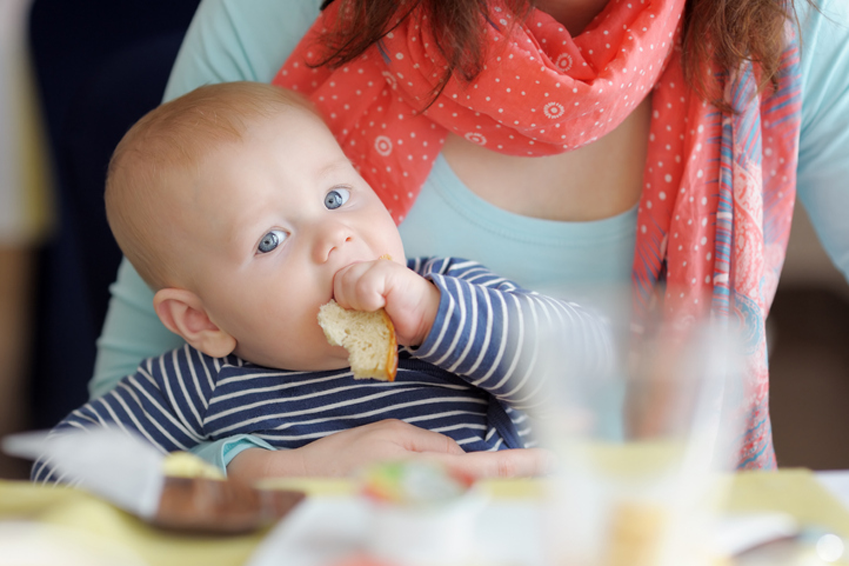
Starchy foods can wreak havoc on a young child’s chompers. Aside from the hard nature of chips, carbo-loaded foods can easily get stuck in between baby’s teeth. Once there, starch can turn into sugar, leading to tooth decay. If you decide to give your child these types of food, make sure to have them brush their teeth or thoroughly wash out their mouths after.
9. Dried Fruits
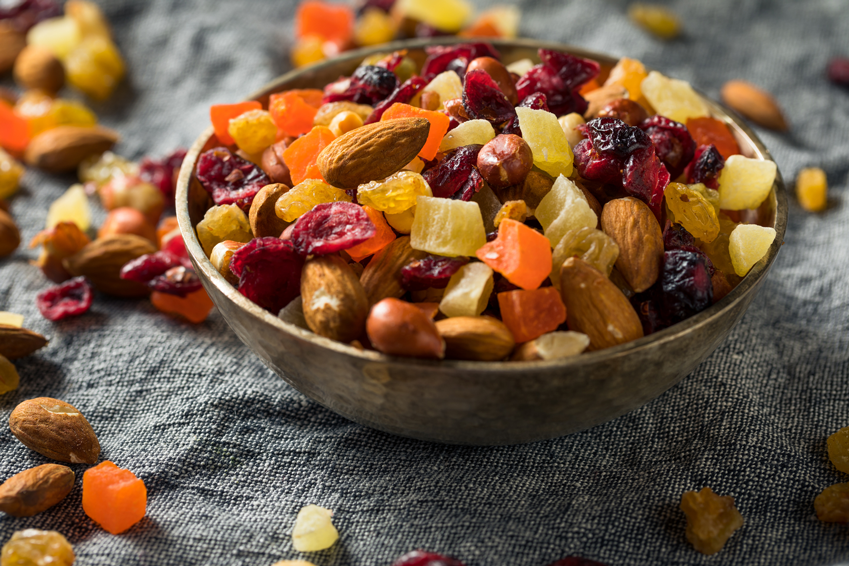
Often marketed as nutritional, many parents aren’t aware of the hidden damaging effects that dried fruit can have on a baby’s teeth. Not only are they packed with sugar, but they also lack the water that helps make fruit healthy in the first place. Similar to gummies, they can easily get stuck in a child’s teeth, building up plaque over time.
10. Gummy Vitamins
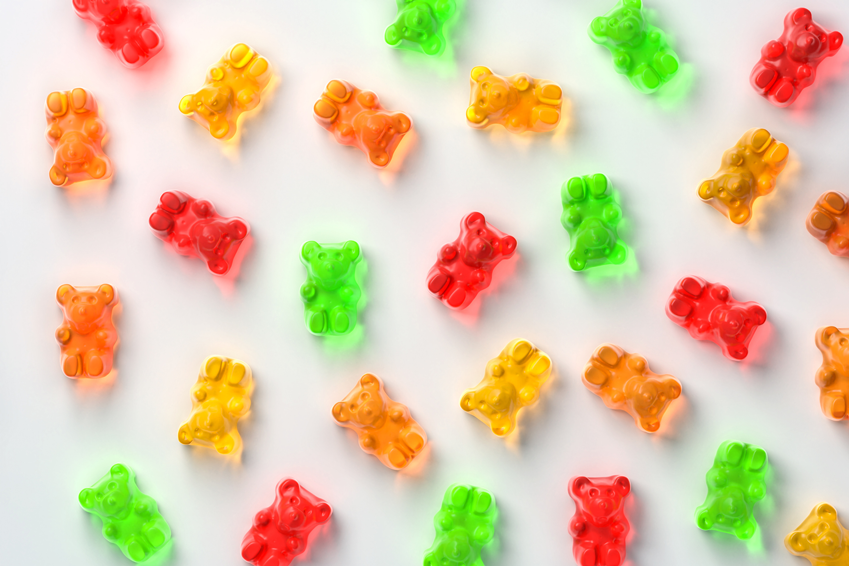
Used by both children and adults alike, gummy vitamins are a good way to get some nutrients into the body in a quick and (relatively) tasty fashion. However, parents should be careful not to give any to infants or toddlers.
The gummies themselves are packed with a large amount of sugar, to the point where even two could contain a teaspoon of sugar. The sticky nature of these vitamins, much like their candy counterparts, often leads to kids getting gummies stuck in their teeth. Liquid vitamins are a better bet.
11. Cough Syrup
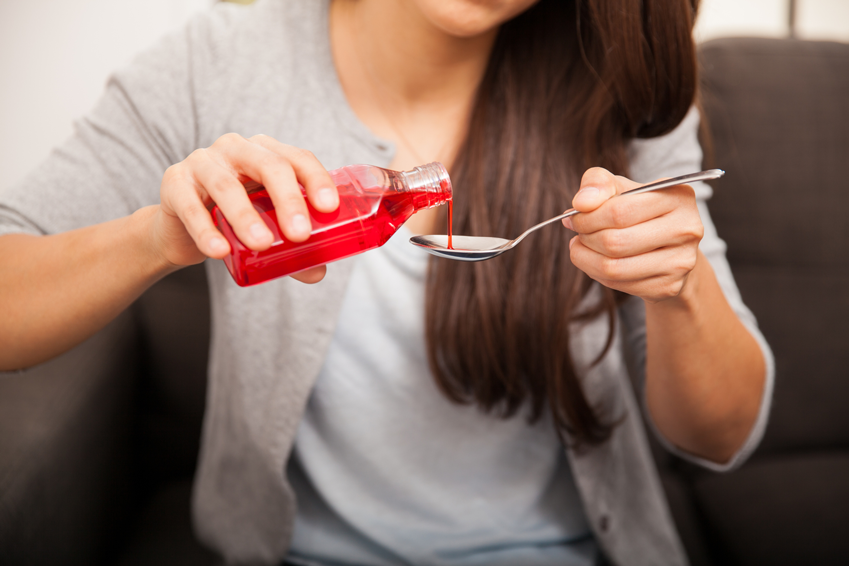
Much like gummy vitamins, it may seem odd to see cough syrup on the list. While kids certainly don’t enjoy taking medicine, many parents often turn to cough syrup as a quick and better-tasting medical fix.
However, the enhanced taste is a product of sugar, a classic source of cavities. Even though the sugar dosage isn’t that high on normal cough syrup, vigilant parents would be wise to have their child drink water and brush their teeth immediately after swallowing.
12. Tomatoes
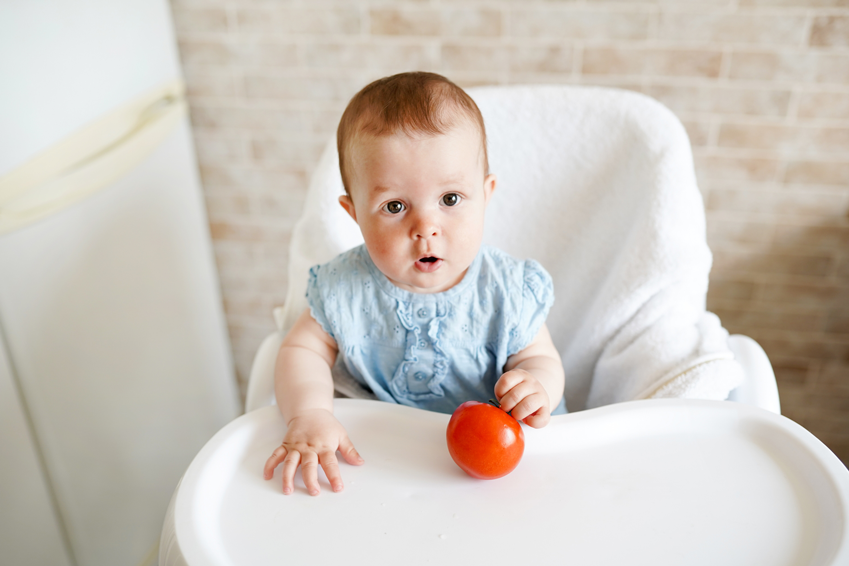
While most of our other choices are only damaging to baby teeth, tomato-based products are harmful for anyone’s pearly whites. Packed with a high level of acidity, tomatoes are quite harmful to tooth enamel. While this level of acidity is reduced in tomato sauce and other products, it still can hurt anyone’s long-term tooth health.
For kids, grape tomatoes are often considered a healthy snack. However, since acidity levels are at their most concentrated when the fruit is not reduced or mixed with other foods, it can be quite harmful to baby teeth.
Raising a baby at this time can be a challenging affair. Do research from reputable sources anytime you choose a food for your little one.










